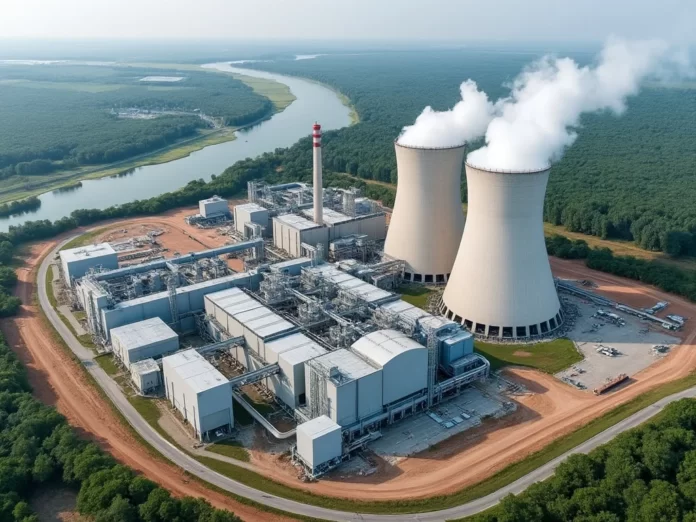The Ministry of Energy (Power Division) informed the National Assembly that Pakistan has made progress in managing its energy sector’s financial challenges, with circular debt decreasing by Rs9 billion in the first six months of the current financial year.
He said that the circular debt stood at Rs2,393 billion at the end of June 2024, and it had been reduced to Rs2,384 billion by December 2024. This reduction is attributed to ongoing government efforts aimed at tackling the sector’s financial issues.
In response to a query from MNA Rai Hassan Nawaz Khan, the Power Division also reported that free electricity units continued to be provided to employees of corporate entities linked to the Power Division, despite pending litigation. Additionally, the average national electricity tariff was reduced from Rs48.70 per unit in June 2024 to Rs44.06 per unit by January 2025, representing a 10 percent decrease of Rs4.64 per unit.
The Minister for Energy further shared details on the government’s efforts to reduce energy sector costs. He stated that the termination of agreements with six Independent Power Producers (IPPs) would generate savings of approximately Rs411 billion. These measures are part of a broader task force initiative designed to implement structural reforms within the power sector. As a result of negotiations, Power Purchase Agreements with six IPPs have been terminated, and tariffs for eight bagasse-based power plants have been revised. Additionally, fourteen thermal IPPs have agreed to reduce their tariffs.
Leghari explained that these changes would result in savings of Rs238 billion from the revised tariffs with bagasse power plants and Rs922 billion from the thermal IPPs over the remaining lifespan of the projects. The government is also aiming to reduce electricity prices for consumers through these reforms, with a substantial reduction in the average tariff expected by April 2025.
The Energy Minister highlighted that the International Monetary Fund (IMF) has endorsed the government’s power sector reforms, which are part of the ongoing Extended Fund Facility (EFF) program. Following these reforms, the national average consumer-end tariff, which was Rs48.70 per unit in June 2024, is expected to drop to Rs45.05 per unit by April 2025, with further reductions bringing the tariff down to Rs37.64 per unit as announced by Prime Minister Shehbaz Sharif.




